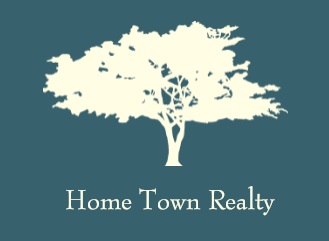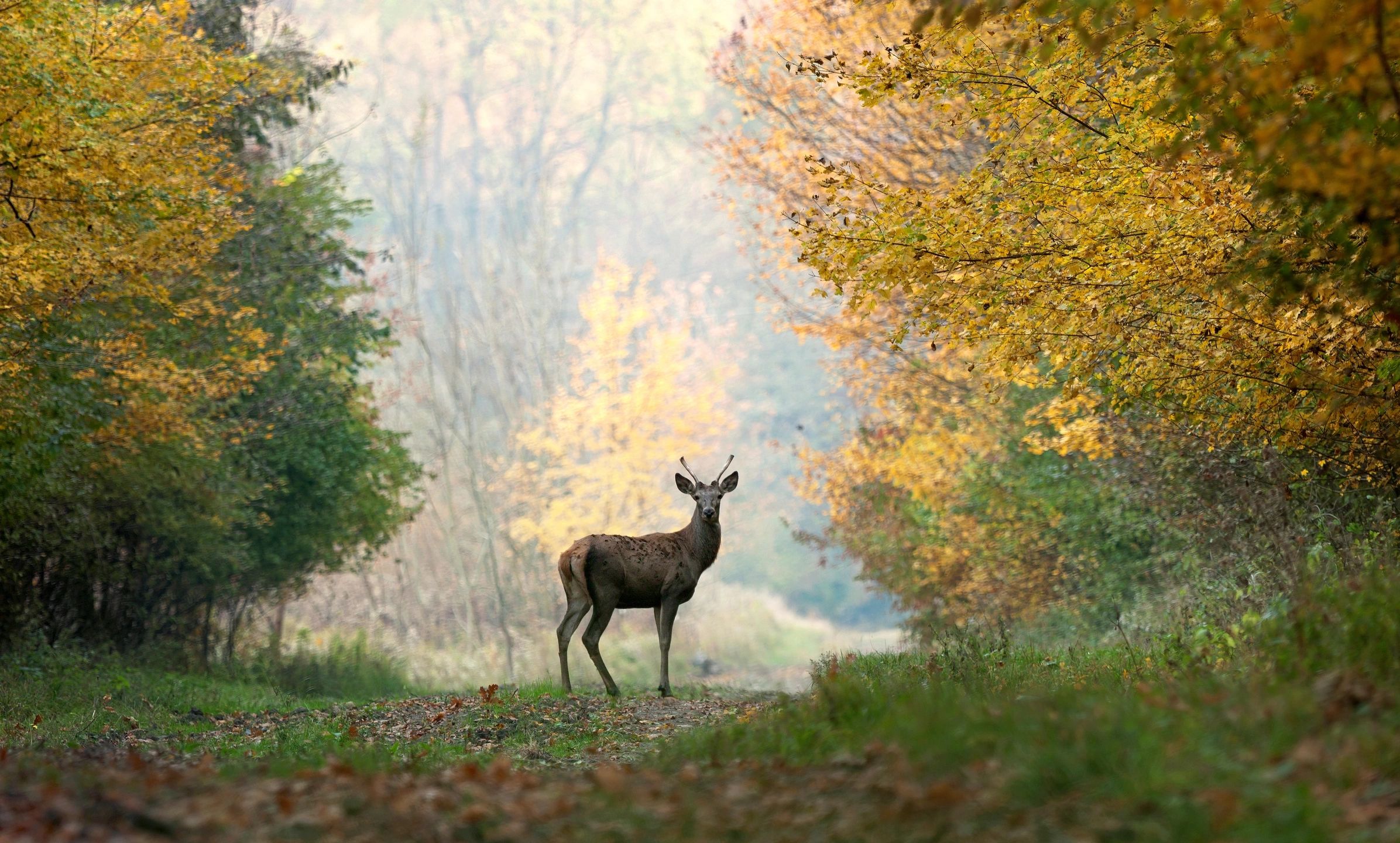Are you passionate about hunting? If yes, you would know the value of owning your hunting property. Are you tired of hunting in somebody else’s property? Don’t worry, you can buy your own hunting property or land easily because you can find some really good deals there.
When you drive around in Missouri, you can find many boards that advertise about hunting property for sale in Missouri. Are you tempted to make your inquiries and start the process of finding the ideal hunting property, where you can put your money in? This article will help you to some extent because we have given you some fundamental concepts that you have to think about before putting your money in buying hunting land for sale in Missouri or elsewhere.
If you don’t know what it is to hunt in your own property, it means you don’t know the meaning of freedom. In your property, you can hunt at will and also design it as per your convenience. When the season is not apt for hunting, you can also think about arranging small family picnics here in the form of camping, fishing, hiking, and the like. In short, the flexibility options that your hunting property offers you are limitless.
It is because of these reasons why many people wait to buy their hunting properties when there are exciting deals. Focus on these points and you are sure to find the most suitable hunting property to cater to your requirements. Hunting property is far different form than other types of properties; therefore, you have to look at completely different requirements when you are looking for one.
- Choose an agent that specializes in hunting properties or land
It is not easy to buy hunting land or property all by yourself, especially if you are new to the field. You have to assess the properties on various parameters to buy the one that is most suitable for you. For example, only a professional real estate agent with rich experience in handling hunting properties would tell you that you have to look at unique parameters such as deer management, setting the necessary habitat for deer, the potential of the land to appreciate in value, and other relevant factors.
If you want to be sure that you are putting your money in the right hunting property, you have to get the help of an experienced agent. He will play a vital role in assessing the land and ensuring that you get all the hunting permission and license required from the local government before you put your money in a property. An authorized agent will also tell you about the quality of the soil here, types of plants that will make for natural habitats, the possibility of setting up food plots in the acreage and more.
- Spell out your requirements clearly
If you thought your job is done once you hire the right agent, you are mistaken. An agent, however capable and experienced he is, can help you only if you tell him what you want clearly. You have to think on these lines and note down your requirements clearly so that your agent can help you find the right hunting property or land.
- How often do you plan to hunt for a year? Are you going to hunt using a gun or a bow & arrow?
- What do you intend to do in the property during the seasons that you don’t hunt?
- Are you looking for land that is already planted with enough plants to attract deer, or do you want to start from scratch? If you are fine with an equipped farmland, you will find many hunting properties planted with food sources such as honeysuckle plants and berry bushes to attract deer.
- Are you looking for hunting land that is filled with quite a few water sources such as creeks, rivers, swamplands, springs, etc.? The more water resources your land has, the more number of deer it will attract.
- Apart from deer, are you looking to hunt other species such as turkeys and ducks as well?
- Do you want your hunting land to provide a natural habitat for deer? If yes, your agent will help you find properties covered with twigs, leaves, grass, trees and thick bush-growth.
- How often do you plan to visit your hunting property in a month? How far should it be from your current location?
- Do you plan to re-sell the hunting property in the future?
- How much money can you set aside for the deal?
Note down the answers for each of these questions before talking to your agent about the same. Once you present this checklist, an experienced agent, who has enough experience in dealing with hunting properties, will guide you in making the right choice.
- Choose your location wisely
It is important to choose the location of your hunting property after careful consideration. According to experts, a drive-time of about 3 hours from your current location is ideal for reaching the site of your hunting property. As you might have already guessed, these hunting properties don’t come cheap. So, you don’t want to add to your travel costs as well, when you come here often.
Also, choose a location that is not too far off from basic facilities like hospitals, hotels, restaurants, and the like. When you want to spend the night on your hunting property, you can always choose to stay in a board & lodging facility nearby. In short, you don’t want to pay more on your travel costs than for the property itself, when you are commuting to and from your hunting land.
- Know your fellow hunters
It is important to familiarize yourself with the other hunters in your property and ask them relevant questions about their hunting policies. You can also discuss deer management techniques with them to learn the potential of the place before you put your money in it.
You can also discuss with them the hunting restrictions in the area when it comes to gun and bow hunting methods. This will let you know if the property is worth your money or not. If there is a public hunting place nearby, they will let you know. Their hunting styles and the presence of a public hunting place will help you negotiate with the sellers for the price.
- Know your boundary lines
On a hunting land, the plots are likely to be shared by many people. Before buying a hunting property, it is important to know how well you will be able to access your plot without getting on others’ plots. When you use tools and equipment to work on food plots on your land or to create a natural habitat for deer, would you have to take them to your plot by passing through other plots or is there a direct entry involved?
It is highly recommended that you choose a hunting property, only if it is connected with a proper road network. Also, you should have a dedicated path for yourself to reach your plot. Consider the accessibility factor carefully before you put your hard-earned money in it. Discuss the boundary parameters with your co-hunters as well to remove all types of confusion in your minds in the future.
- See if you can add value to the hunting property
Before buying a hunting property or land, you have to analyze if you can add value to it in the long run. This way, you can monetize your property and earn good returns from the same. Yes, hunting is the main reason why you need the property for. However, apart from hunting, you can also use your property for rearing cattle, raising livestock, setting up a fish-farm and the like.
Regardless of the recreational use for which you want to use the land, you should ensure that you have got the valid permission for the same for the local authorities. You can also earn money by exporting timber that you grow on your plot.
- Invest in trail cameras
You would like to study the movement of deer in a hunting property before you decide to put money in it, wouldn’t you? To study this, you can install trail cameras in the entire hunting plot to understand the frequency of deer movement and the time when deer movement is at its peak.
Most of the sellers do allow for trail cameras to be placed so that buyers can make a qualified decision on the same. Your agent will help you with this process. Buy a property only after assessing this, to get full value for your money.
The bottom line is that you have to choose a hunting property where animals want to live. Yes, open and barren lands may be enticing and beautiful. However, only when it is covered by tall trees and thick shrubs do deer and other animals find it comfortable to live here. Once you are sure about the deer movement and your boundary lines for your hunting property, you are almost sorted.





